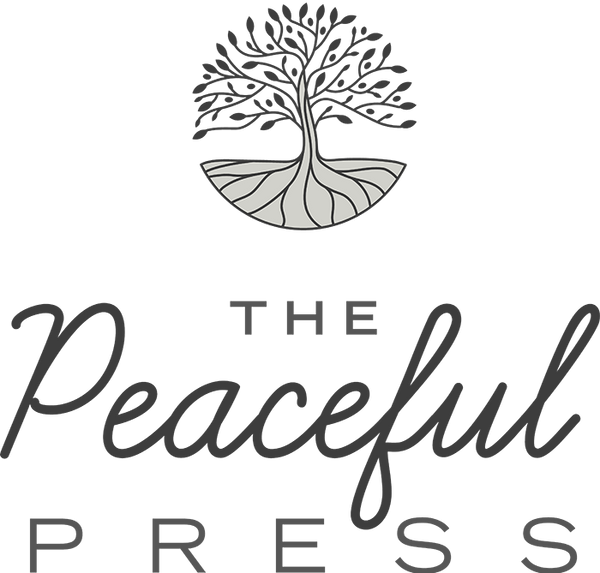Home Education in Community
I remember standing on a stool in a friend's kitchen, surrounded by a group of little girls and boys dressed in a mix of "strap dresses" and "tunics," all of us up to our elbows in flour. We were pretending to be little Vikings making brauðiskr, a type of Viking flatbread.

Another time, we wore togas while reclining around low tables, enjoying dates, olives, and goat cheese drizzled with honey. We discussed the legacy of Roman roads and the history of Christians in Rome. We also created salt maps of Italy and built small-scale Motte and Bailey castles. During our time in Northern California, we studied the pilgrims, and about 20 of us were sent to "scour" the woods for food. In a precocious moment, I led my patient old horse around the garden, pretending I had spotted a white-tailed deer.

My homeschool years were not just about learning, but about building a community. We came alive through the co-ops we did with families in our neighborhood.
The mothers took turns teaching us different subjects, and the workload was shared. Families brought in cultural or historically relevant dishes and pastries, adding a touch of diversity to our learning. We made flap books, presented book reports, and even had fun performances. I remember one year, my brother, who was about 6 or 7, sang the School House Rock version of the 'Ride of Paul Revere' and galloped off the stage on his hobby horse, to the cheers of our co-op community.
When we lived in Mexico, there was no homeschool community. However, that didn't stop my mom. She took the initiative to establish the first homeschool community by inspiring families to embrace home education.
Years later, my mom continued her passion for community and home education by creating beautiful, easy-to-follow co-op guides to accompany each of the Peaceful Press elementary bundles. These guides ensure that the benefits and enjoyment of learning with others are simple and straightforward.
Now, you have the opportunity to access all of our co-op guides for free. These guides are not just resources; they are essential tools to kick-start a successful year of learning. With them, you can take the first step toward a fulfilling homeschool journey.
Playful Pioneers Co-Op Guide
The Kind Kingdom Co-Op Guide
The Precious People Co-Op Guide
Commonly Asked Questions
1. What is a homeschool co-op?
A homeschool co-op is a group of families who meet regularly to share teaching responsibilities, work on projects, and enjoy learning together. Each family contributes in different ways—teaching lessons, bringing activities, or providing snacks.
2. Do I need a large group to start a co-op?
Not at all! A co-op can be as small as two or three families. The key is shared responsibility and a commitment to meeting consistently.
3. What are the benefits of homeschooling in community?
Co-ops provide social interaction for children, support for parents, shared teaching responsibilities, and opportunities for hands-on projects and presentations that are more fun in a group setting.
4. How do The Peaceful Press Co-op Guides work?
Each co-op guide is designed to go alongside one of our elementary curriculum bundles (Playful Pioneers, Kind Kingdom, Precious People). They include lesson outlines, group activity ideas, and tips for organizing your meetings so planning is simple.
5. Are the co-op guides really free?
Yes! All of our elementary co-op guides are available for free so you can start building your homeschool community right away. Please reach out to us at hello@thepeacefulpress.com to enquire about getting a Co-op License for your group.
6. Can I use the co-op guides at home with just my family?
Absolutely. Many families adapt the group activities for home use if they aren’t currently part of a co-op.
7. Do I have to use The Peaceful Press curriculum to benefit from the co-op guides?
Yes. The guides are designed to pair with our curriculums.
8. How often should our co-op meet?
Many groups meet weekly or every other week, but the schedule is flexible. The co-op guides work for a variety of rhythms.
9. Is there a cost to join or start a co-op?
That depends on your group. Some co-ops share supply costs or meeting space and fees.
10. What if there’s no homeschool community near me?
You can start your own! The co-op guides make it easy to invite a few families, plan engaging lessons, and grow a supportive group from scratch—just like the story in this post.

